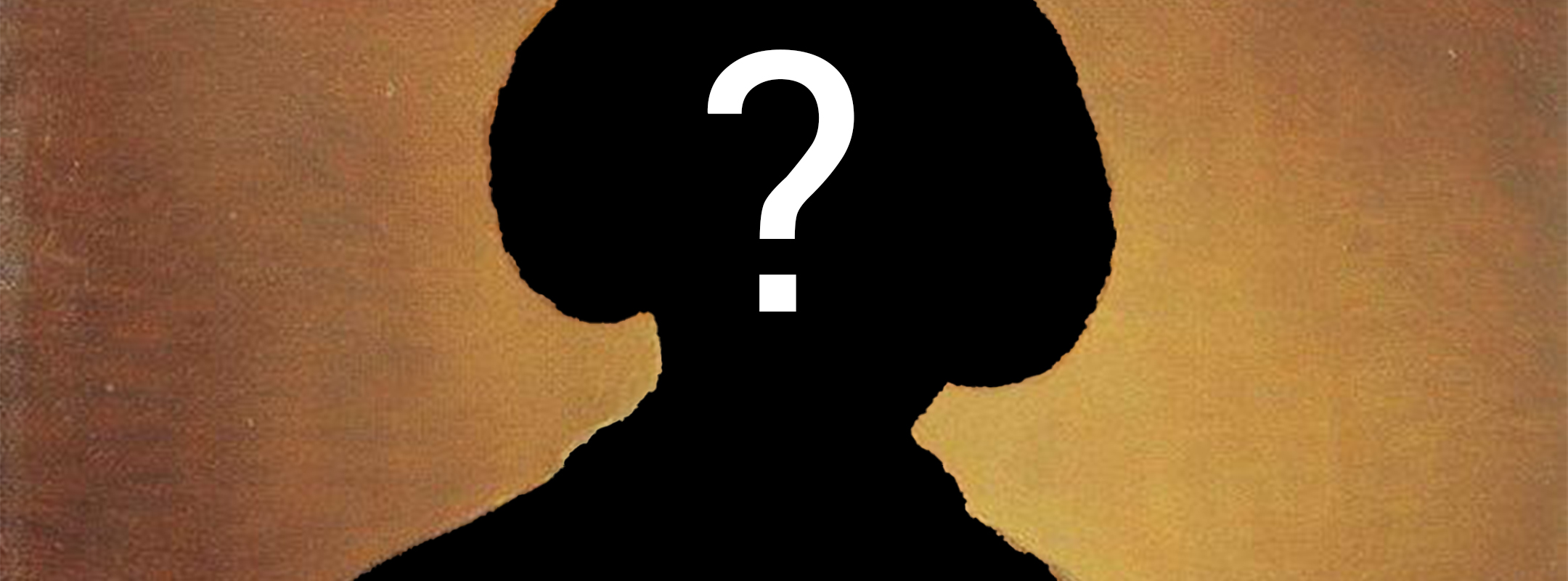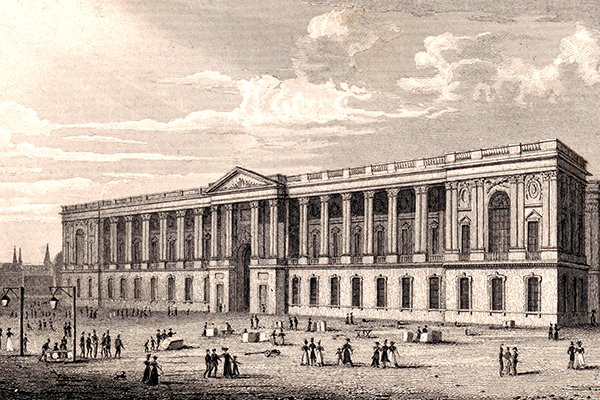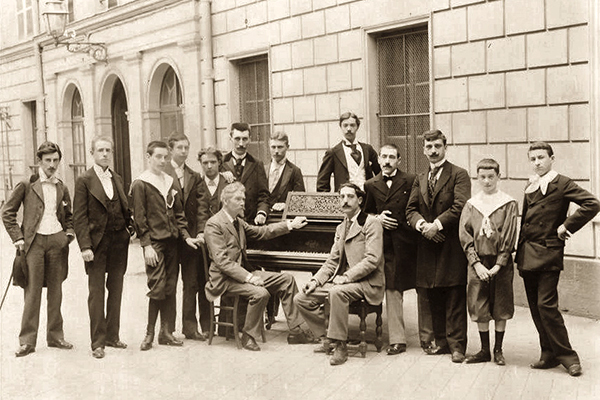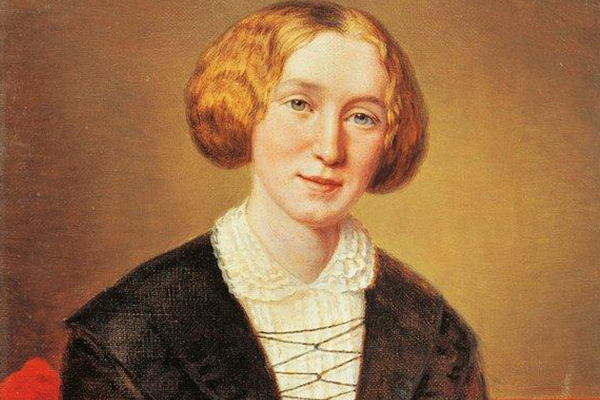
Communications Assistant
Riddle me this…
Which innovative French composer, born in 1804 (the year that Napoleon was crowned Emperor), won the prestigious Chartier Prize for music not once, but twice in their lifetime?
Born to a bohemian Parisian family of artists, this composer lived in an artists’ colony in a wing of the Louvre museum as a child, before moving to be housed in the Sorbonne (…casual).

The Louvre Museum Paris, in the early 1800s, where this composer lived
A prodigious child, this composer learned piano from a young age, and was noticed by celebrated musicians such as Johann Hummel and Muzio Clementi for their talents. After beginning to study at the Paris Conservatoire at the age of 15, this composer went on to become a famous touring concert pianist throughout the 1830s, performing across France and beyond.
In 1842 they were appointed to the position of Professor of Piano at the Paris Conservatoire, where they taught for over 30 years. Records suggest that this composer was an excellent instructor, with many of their students graduating with top marks and going on to become professional musicians themselves.

A class of piano students at the Paris Conservatoire in the late 1800s
This acclaimed pianist also composed consistently and tenaciously throughout their life, originally writing exclusively for their instrument before branching out into chamber music for other instruments. Praised highly by other composers of the time including Robert Schumann and Hector Berlioz, they completed no fewer than three symphonies before the age of 30. Got any ideas yet?
OK, I’ll give you a clue. Although eminent throughout their life, the work of this composer was gradually forgotten after their death, fading into obscurity, only to be unearthed and rightfully celebrated in recent decades. Why was their work forgotten and not established into the canon of 19th-century classical music? Yep, you guessed it – because this mystery composer was a woman.
The name of this mystery composer is Louise Farrenc, who wrote orchestral music prolifically at a time when women’s success in the world of music rarely left the private sphere of the home. The women composers that did achieve public success in the 19th century were usually associated with the names of men who were already famous in the music industry, such as Clara Schumann and Fanny Mendelssohn.
Farrenc was the only woman to be employed by the Paris Conservatoire for the entirety of the 19th-century, and throughout her 30-year piano teaching tenure she was not permitted to teach composition. She fought tirelessly for recognition, and to be paid equally to the male employees of the institution – this was only granted seven years after she was first employed there.
Louise Farrenc’s success with large scale orchestral works was remarkable not only because of the prejudice she faced for being a woman composer, but also because of the more general prejudice against symphonic music at a time. When the musical life of Paris was geared heavily towards opera and theatrical music, Farrenc was boldly bucking a major cultural trend with her overtures, symphonies, and other instrumental works.

Virtuoso pianist and composer, Louise Farrenc
Southbank Sinfonia is delighted to celebrate the music of this great composer, and after opening the first concert of our 2020 season with her commanding Overture No.2, we’re looking forward to performing it again at Malborough College on 8 March, International Women’s Day. On this day, but every day, it is a joy to uncover the treasures of these unjustly forgotten composers of past, and although we realise how much more work is required to make the shifts that are required, we hope to play a part in raising awareness against bias, and to taking action for equality.
Find out more about Kate here